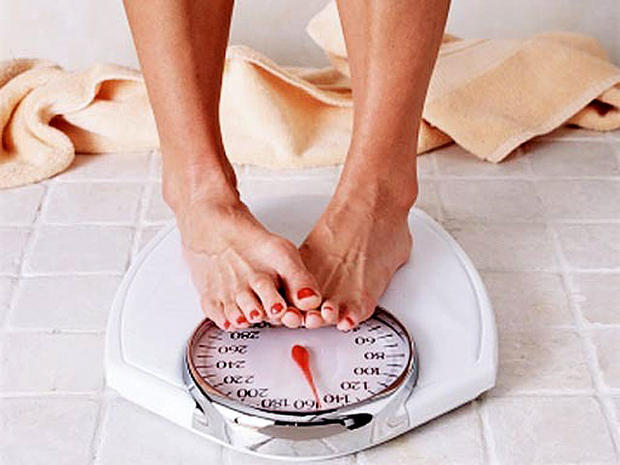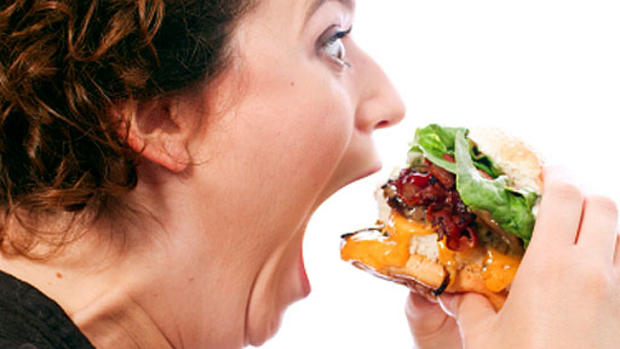Calories count more than protein for weight loss
(CBS) Is loading up on lots of protein the best way to lose weight?
PICTURES: 25 Diet-Busting Foods You Should Never Eat
Some dieters think increasing or cutting back on protein will trick the body's metabolism into causing weight loss. But a new study suggests if you're going to eat a lot, changing the amount of protein in your diet probably won't help you lose weight. In fact, too little protein might make you fatter.
"You don't fool nature by adding more or less protein," study author Dr. George Bray, an obesity researcher Pennington Biomedical Research Center in Baton Rouge, told Health.com. "You may fool the scale, but you don't fool the metabolic processes which store excess calories as fat."
For the study, published in the Jan. 4 issue of the Journal of the American Medical Association, researchers took 25 healthy, normal-weight men and women between the ages of 18 and 35, and put them on either a low protein diet where 5 percent of their caloric intake came from proteins, a normal protein diet (15 percent from proteins), or a high protein diet (25 percent from proteins) for about 12 weeks. The researchers overfed the study participants by nearly an extra 1,000 calories for the last eight weeks of the study to see whether the amount of protein had an effect on excess calories when it came to weight gain.
By study's end, all participants gained weight, regardless of diet. Those who ate a low protein diet gained about half as much weight as those eating the normal protein and high protein diets. But the researchers found those eating less protein saw reductions in their lean body mass, and stored a higher percentage of calories as fat. Those overeating a high protein diet gained more lean body mass and stored fewer calories as fat.
"You may gain less weight by overeating on a low-protein diet, but it's because you lose lean body mass, not because you store less fat," study author Dr. George Bray, an obesity researcher Pennington Biomedical Research Center in Baton Rouge, told USA Today.
The bottom line? Overeating - regardless of the amount of protein in your diet - will cause you to gain weight.
"Most people are overeating and for those people who are, they need to pay attention to what they are putting into their mouths," study co-author Dr. Leanne Redman, an assistant professor of endocrinology at Pennington Biomedical Research Center in Baton Rouge, La., told HealthDay. "If you overeat a high-fat, low-protein diet, you may gain weight at a lower rate, but you are gaining more fat and losing more muscle."


